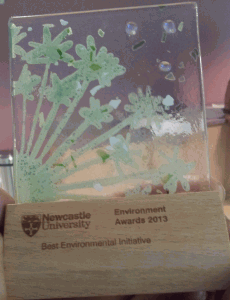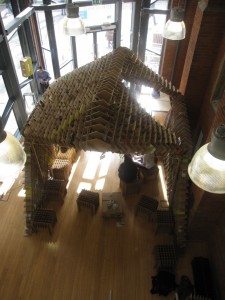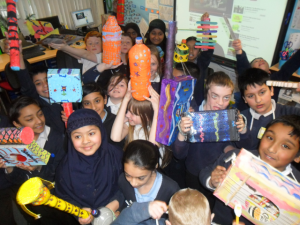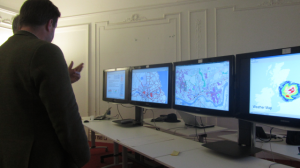Oliver Heidrich and Jane Gibbon participated in an expert group (North East Sustainability Roundtable) for the Insider magazine, the UK’s leading regional business publication which is distributed to around 8,000 businesses in the North east, discussing challenges of Sustainability and business.
The challenge for businesses, especially large ones, is to embed sustainable processes and systems into the business, within tight timescales and often with reduced budgets. Innovation is the key to this and the North East has many examples of how techniques, systems and processes that are having a major impact.
The benefits of creating sustainable solutions within businesses are numerous and the North East Sustainability Roundtable discussed these alongside some of the challenges too. The panel brought together experts from academia, trade organisations and businesses, and explored a number of key sustainability issues.
http://www.insidermedia.com/digital-events/north-east-sustainability-round-table







